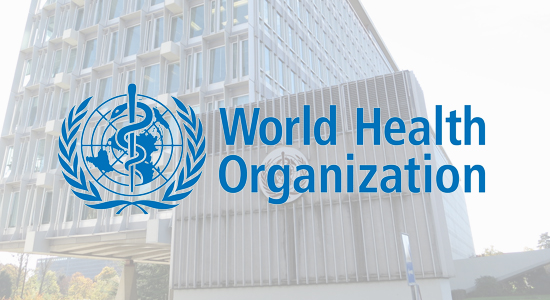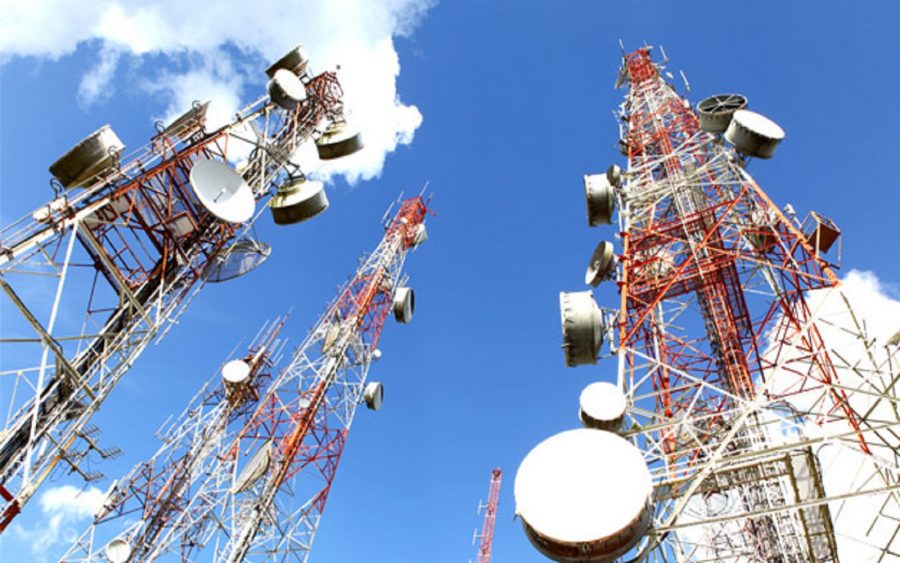The World Health Organization (WHO), has warned that the coronavirus vaccine is not a guarantee to end the COVID-19 pandemic. The global health agency head of Emergencies programme, Mike Ryan, disclosed this during a press conference in Geneva, Switzerland.
The expert revealed that another pandemic that might threaten the global health may soon be around the corner and would spread worldwide.
Ryan claimed that the said pandemic may be more severe than the present coronavirus, warning that the world needs to come together to defeat it as our planet is becoming fragile by the day and more increasingly complex.
He called on all to honour those who lost their lives on the process of trying to save others while listing some of the WHO achievement in the fight against the COVID-19.
The Global Health Agency Director-General, Tedros Ghebreyesus while speaking during the conference said WHO has been working round the clock to contain the pandemic since the index case was reported in Wuhan China in December 2019.
Contained in his speech posted on the agency’s website, Ghebreyesus said, “If we rewind to the start of 2020, it was on 10 January that WHO published its first comprehensive package of guidance documents for countries, covering topics related to the management of an outbreak of a new disease.
He added, “The next day, WHO received the full genetic sequences for the novel coronavirus from China and by 13 January, WHO published its first protocol for a diagnostic test by a WHO partner lab in Germany to detect the virus.
According to him, “By mid-January, our international technical expert networks were engaged and meeting by teleconference to share first-hand knowledge with the new novel coronavirus and similar respiratory viruses, such as MERS and SARS.
“And WHO convened the Strategic Technical Advisory Group for Infectious Hazards and the Global Alert and Response Network.
“By the end of the month, 30 January, I declared a Public Health Emergency of International Concern, WHO’s the highest level of alert under the global health law,’’ he said.
“On 4 February, WHO released the first global preparedness and response plan for COVID-19 based on the latest scientific evidence?
“At the same time, WHO was connecting scientists, funders and manufacturers from across the globe together to accelerate research on tests, therapeutics and vaccines?
“In mid-February, WHO’s longstanding research and development blueprint group brought hundreds of experts from more than 40 countries together to plot out a COVID-19 research roadmap.
“This was based on years of work on other infectious diseases including SARS, MERS and Ebola.’’
According to the WHO DG, the agency was planning the access to COVID-19 Tools Accelerator which was subsequently launched with partners in April.
“Good news came in June as initial clinical trial results from the UK showed dexamethasone, a corticosteroid, could be lifesaving for patients severely ill with COVID-19.
“By September, new antigen-based rapid tests had been validated and the diagnostic pillar of the ACT-Accelerator had secured millions of them for low- and middle-income countries.
“And then the shot that rang out around the world was the release of positive vaccine news from multiple candidates, which are now being rolled out to vulnerable groups,’’ he said.
He added that what brought succour to the fight was when the ground was broken not least with effective cooperation between both private and public sector to forge ahead in proffering solution.
Meanwhile, he revealed currently vaccines are been rolled out and it administering to people has since commenced and this was achieved through scientific research WHO DG concluded.



















